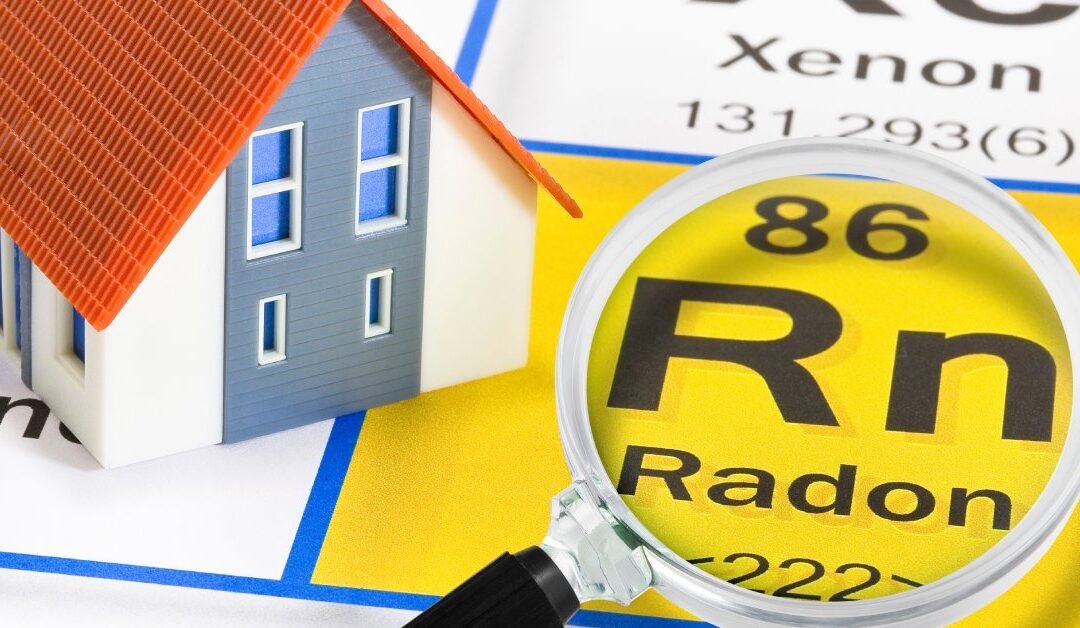Are you thinking about the safety of your home in Colorado? You might have heard about radon, a naturally occurring gas that can cause health issues. Understanding radon regulations is necessary for maintaining a safe living environment. This guide takes you through the essentials, covering what you need to know about Colorado’s radon regulations, how they impact you, and what you can do to ensure your home is safe.
Understanding Radon and Its Risks
Radon is a colorless, odorless gas often found in homes across the US, and Colorado is no exception. The gas comes from the breakdown of uranium in soil, rock, and water, which seeps into the air and potentially into buildings.
Long-term exposure to high radon levels is a known risk factor for lung cancer. Therefore, it is important to monitor and control radon’s presence, especially in homes with basements or ground-level rooms.
What Makes Colorado Prone to Radon?
Colorado’s geological makeup contributes to its radon levels, and many homes in the state show elevated readings. The combination of rocky soil and specific building practices means radon can easily accumulate indoors. Because the gas is invisible and odorless, testing is the only way to know if radon is present at dangerous levels.
The Role of Regulations in Radon Mitigation
Colorado’s radon regulations emphasize testing and mitigation to protect public health, and they offer guidelines and resources for homeowners. Mainly, new construction in Colorado must follow building codes and guidelines for managing radon, such as installing a passive radon mitigation system during construction.
Colorado has established regulations to guide homeowners in managing radon levels. These rules encourage testing and, if necessary, mitigation to reduce radon concentrations.
Additionally, the state provides support and resources to educate citizens on the dangers of radon and the importance of taking action. These resources include free radon test kits for Colorado residents and educational materials on how to test for and mitigate high levels of radon.
Testing Requirements and Recommendations
Testing for radon is the first step in compliance, especially if you intend to sell or rent your home. It is best to conduct tests during different seasons to get an accurate picture of radon levels, as variations can occur throughout the year. You should use reliable testing kits or professional services to assess your home.
Now that you understand what you need to know about Colorado’s radon regulations, you can get guidance and support to help you test and mitigate radon. For example, you can turn to Affordable Radon Services to confidently address radon issues and comply with state regulations. Reach out to us today for expert advice and radon mitigation in Denver, Colorado.


Recent Comments